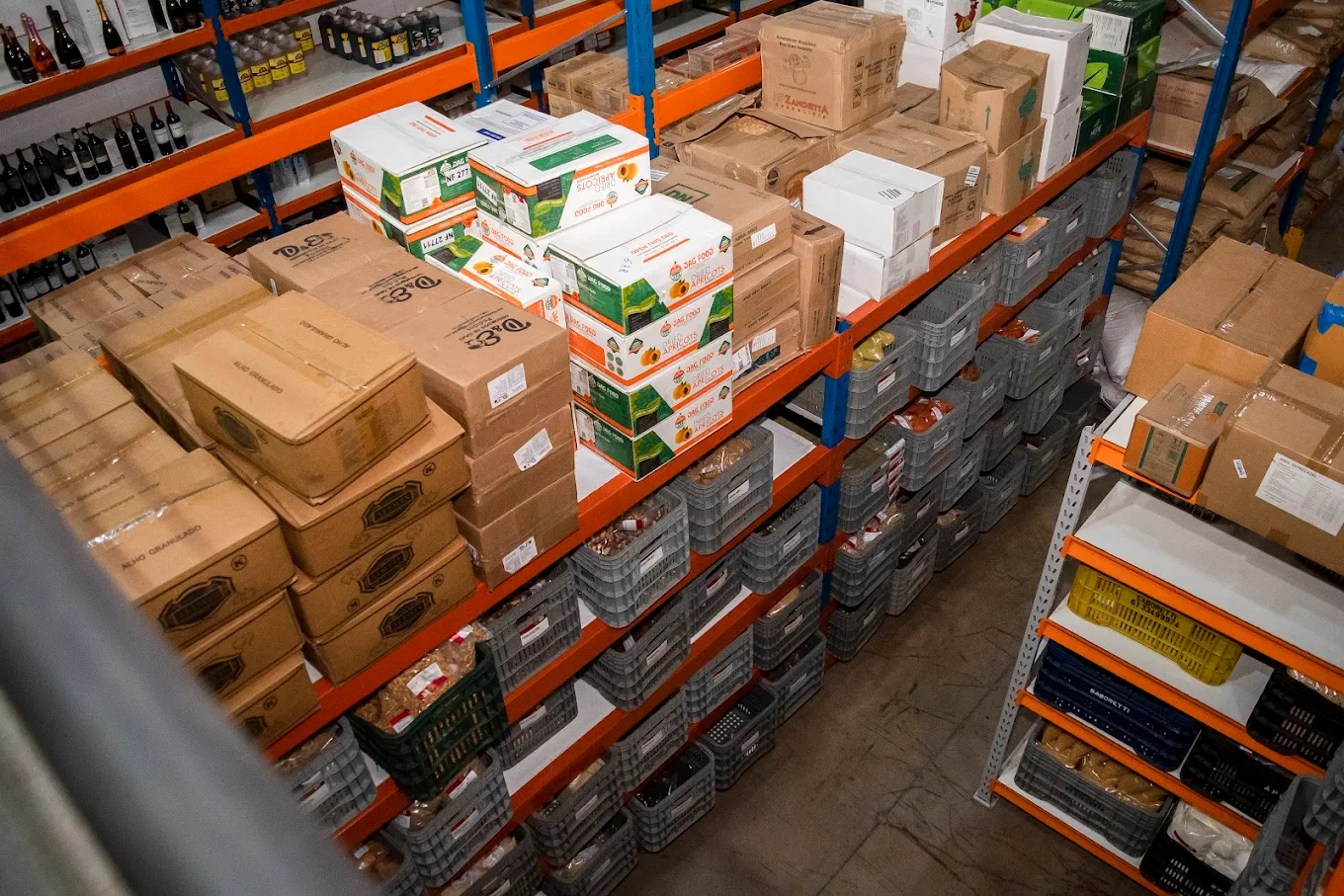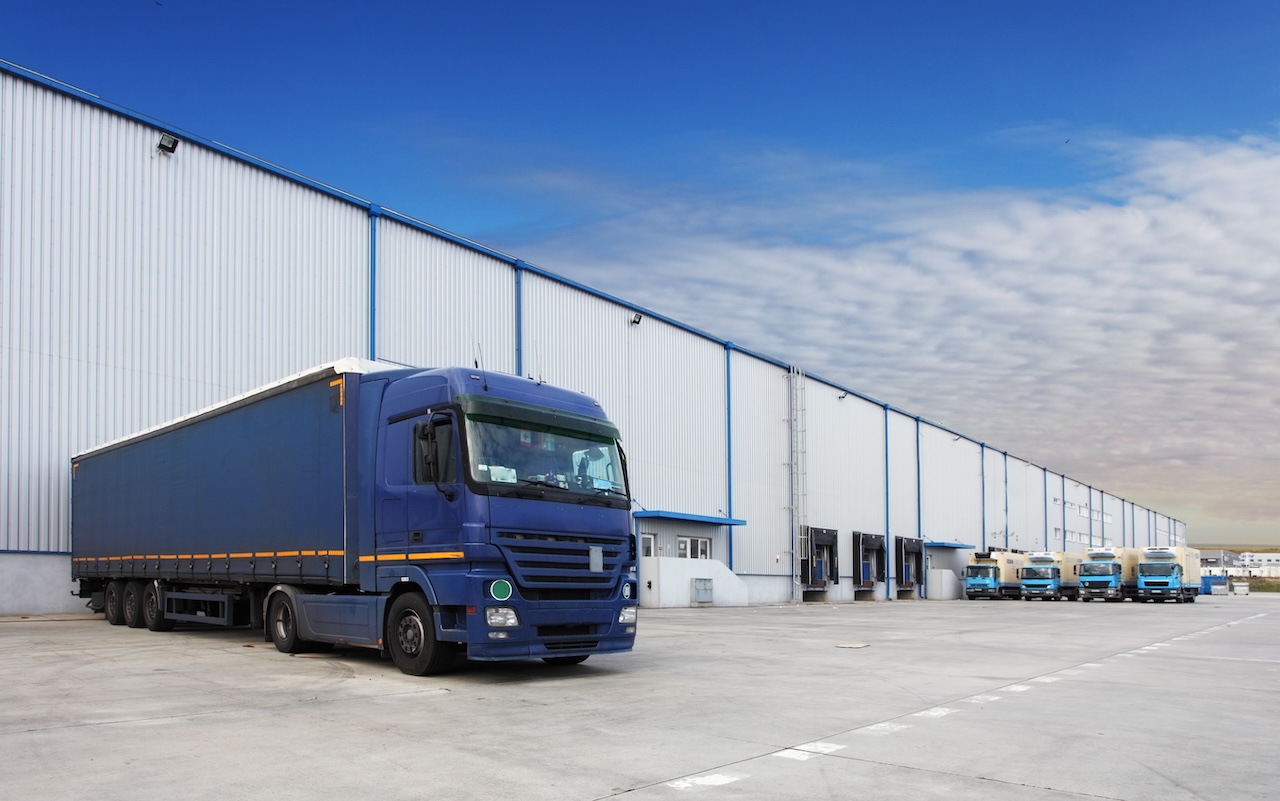More control, less consumption: how Globalfruit saved R$ 67,000 per year with Polus
From fine-tuning to structural process changes — how thermal intelligence became a key player in one of Brazil’s largest co-packing operations.
“We improved the performance of our cold rooms and saved energy!” - Isaac Benchimol, Project and Engineering Manager at Globalfruit
Isaac Benchimol’s statement is clear and direct — and reflects what has now become the new standard for Globalfruit’s operations.
But getting to this point required a careful transition process — with smart technical decisions and a pragmatic look at how to integrate technology into day-to-day operations without starting from scratch.
A reliable system without visibility
Globalfruit’s cold rooms had always done what they were supposed to do: preserve. The problem was the cost of keeping them running. And the constant feeling that something might go wrong when no one was watching.
It was like driving a reliable car with no dashboard. You know it’s moving — but you don’t know the speed or how long you can keep going.
Intelligence applied to what already exists
The partnership with Polus began with a realistic proposal: not to replace everything, but to install 6 cold room controllers and 6 energy meters to collect data, automate alerts, and enable more precise management of the rooms.
Technically, it wasn’t the easiest scenario — some of the infrastructure was aging, and connectivity required adaptation. Still, the devices began generating consistent readings. What was previously “apparently working well” became actual control.
Lower temperature, lower energy bills
Over time, the thermal behavior of the rooms changed:
- 1.1°C average improvement in temperature stability and efficiency
- No negative impact on food quality — in fact, it improved stock safety and reduced risk of fluctuations
And the financial impact was clear:
- 15% to 25% reduction in energy consumption per cold room
- R$ 7,800 saved per month
- R$ 67,200 per year, with ROI already in the first cycles of usage
Globalfruit’s investment in Polus paid for itself quickly — and now helps finance a large part of its refrigeration operation.
The difference between having data and living with it
This wasn’t a project that “transformed everything overnight.” It didn’t need to be. The success here lies in precision. In well-executed technical adjustments. In putting intelligence exactly where it matters.
And in the end, that’s what sustains any operation looking to grow without losing control.
Because efficiency is not just about spending less. It’s about knowing exactly where every degree, every cent, and every risk is — and being able to sleep at night knowing they’re exactly where they should be.



